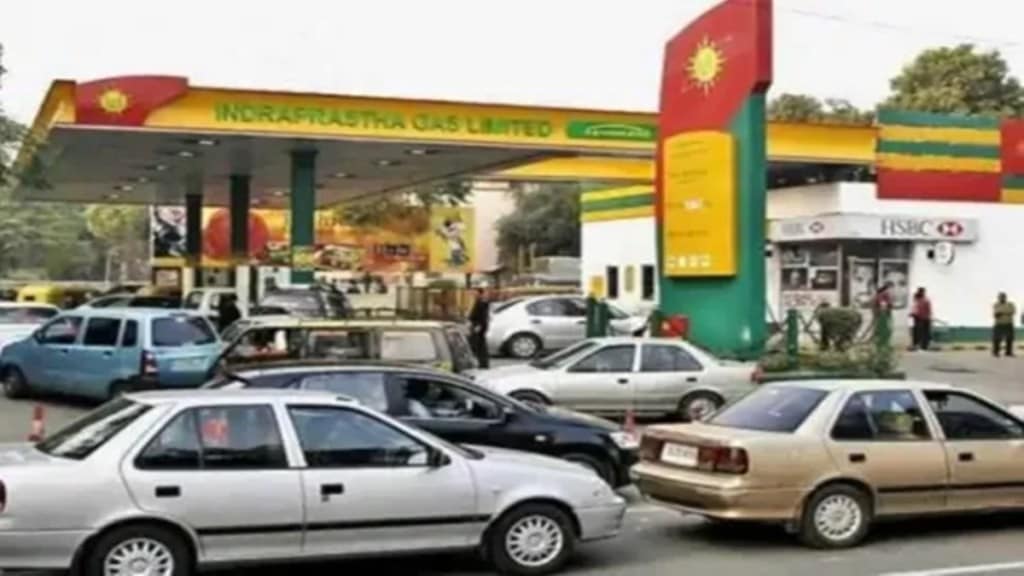Compressed Natural Gas (CNG), which has been a significantly cheaper auto fuel compared with petrol and diesel, may have its relative competitiveness dented if the allocation of Administrative Price Mechanism (APM) gas to them is reduced further, industry sources warn.
While the price rises for consumers may be limited if absorbed by the city gas distribution (CGD) companies, if not, it could impact the growth of CNG vehicle volumes .
After the reduction in allocation of the cheaper APM gas for the CNG segment for two consecutive months, its share has declined in overall APM gas supplies has come down from over 85% in the beginning of FY24 to 72% now. This was the steepest cut in APM gas allocation to the segment ever.
The industry apprehends that there could be further deallocation of APM gas to the CGD entities given its lower availability.
“This is a change in the policy stance of the government now. There could be further cuts also,” said Prashant Vasisht, senior vice president–corporate ratings, Icra. “So CGD entities will now have to mainly rely on LNG. Further deallocation can happen. The government has asked these companies to survive on their own,” he said.
CNG vehicle sales in the country grew at a compound annual growth rate of 15% during FY20 to FY24. “However, if significant price hikes are taken, the competitiveness of the fuel may come down, impacting its volume growth and new conversions. In the absence of changes to the tax structure, CGD companies could see an impact on either their margins or volumes,” India Ratings has said.
It also noted that the initial discounts given by companies for conversion to CNG from alternate fuels may come down to protect the profitability, and thus could again impact the volume increase. “If a price hike of Rs 5 per kg is taken by a CGD company, the recovery period of a vehicle would also elongate and the fuel economics for the first time would fall below 40%,” it had said.
Post the announcement of allocation cut, Mahanagar Gas and Indraprastha Gas announced hike in CNG prices. While MGL increased CNG prices by Rs 2 per kg in and around Mumbai, IGL raised prices by Rs 1.50-4 per kg in different locations except Delhi.
Moreover, further reductions in low-cost domestic gas allocation for the CGD sector is also likely to impact their margins in the short term, because passing the complete price hike could impact the vehicle conversion volumes, according to India Ratings.
“The demand increase in CGD and the declining production of APM gas would continue to decline the priority allocation of APM gas to the CGD sector especially for CNG. Hence, supply-side contracts (term LNG, HPHT) would play a key role in determining the long-term profitability of CGD companies, as the CNG segments would increasingly become a sourcing efficiency play rather than a game of cheap input gas availability,” said Bhanu Patni, Associate Director, India Ratings and Research.
New geographical areas with high sequential growth were getting a lower allocation, as the availability was dependent on the last quarter’s volumes, as per Ind-Ra. The agency believes the allocations could continue to taper and therefore, in the long term, favourable supply contracts for meeting the shortfall gas requirement would become a key impediment for success of CGD companies.



















